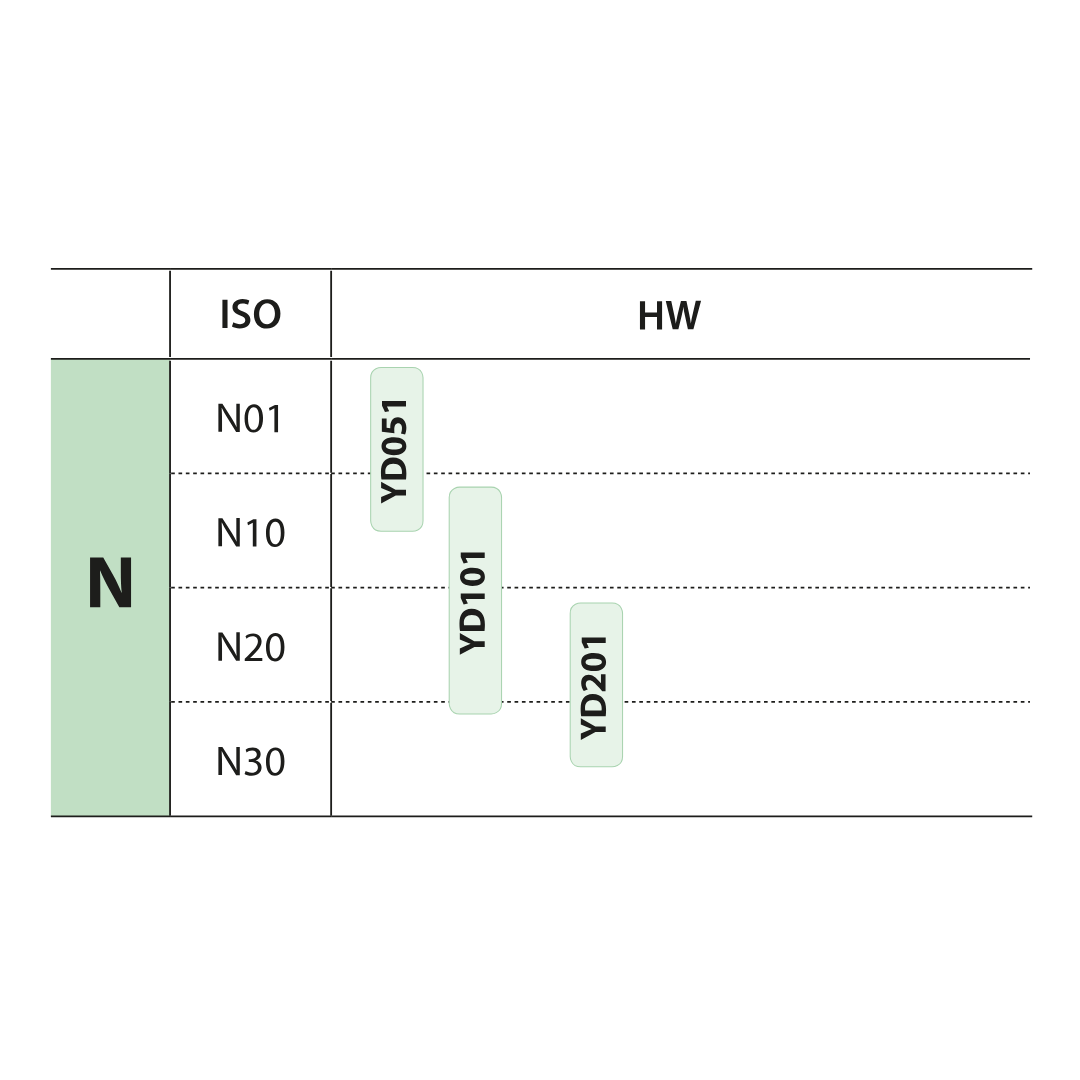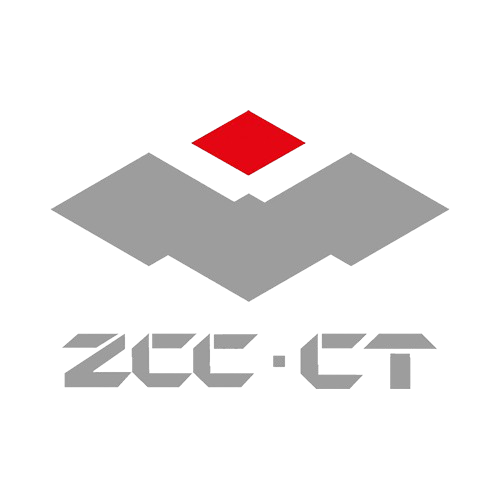Key Features
Applications

YD201
ISO: K10 — K30, N10 — N30
Uncoated N10–N30/K10–K30 carbide substrate for medium application in aluminium and other material.

YD101
ISO: K05 — K20, N05 — N20
Uncoated N05–N20/K05–K20 carbide substrate for fine to medium application in aluminium and other material.

